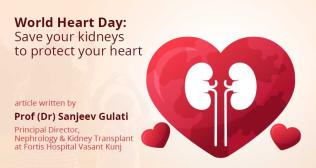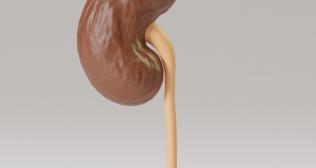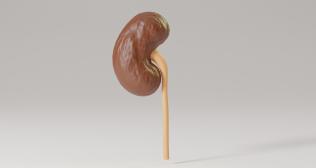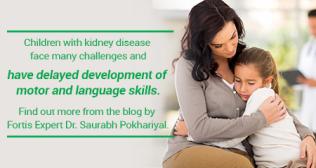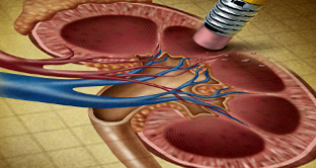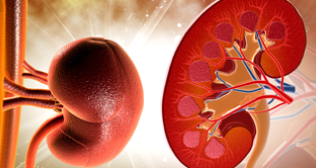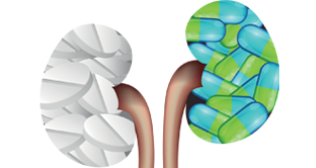
Nephrology
Understanding Your Kidneys: Transplantation Facts
Understanding Your Kidneys: Transplantation Facts Aug 09, 2012
Understanding Your Kidneys
The kidneys are two bean-shaped organs, each about the size of a fist. They are located near the middle of the back, just below the rib cage, one on each side of the spine. Normal functioning kidneys serve the body in several very important ways, like:
Kidney Failure Symptoms
The symptoms of kidney failure vary widely by cause of the kidney failure, severity of the condition, and the other body systems that are affected.
- Most people have no kidney failure symptoms at all in the early stages of the disease, because the kidneys are able to compensate so well for the early impairments in their function. Others have symptoms that are mild, subtle, or vague.
- Generally, obvious kidney failure symptoms appear only when the condition has become severe or even critical.
- Kidney failure is not painful, even when severe, although there may be pain from damage to other systems.
- Some types of kidney failure cause fluid retention. However, severe dehydration (fluid deficiency) can also cause kidney failure.
- Fluid retention - Puffiness, swelling of arms and legs, shortness of breath (due to fluid collection in the lungs, called pulmonary edema)
- Dehydration - Thirst, rapid heart rate (tachycardia), dry mucous membranes (such as inside the mouth and nose), feeling weak or lethargic.
- Urinating less than usual
- Urinary problems - Frequency, urgency
- Bleeding - Due to impaired clotting, from any site
- Easy bruising
- Fatigue & Confusion
- Nausea, vomiting
- Loss of appetite
- Pain - In the muscles, joints, flanks, chest
- Bone pain or fractures
- Pale skin (from anemia)







